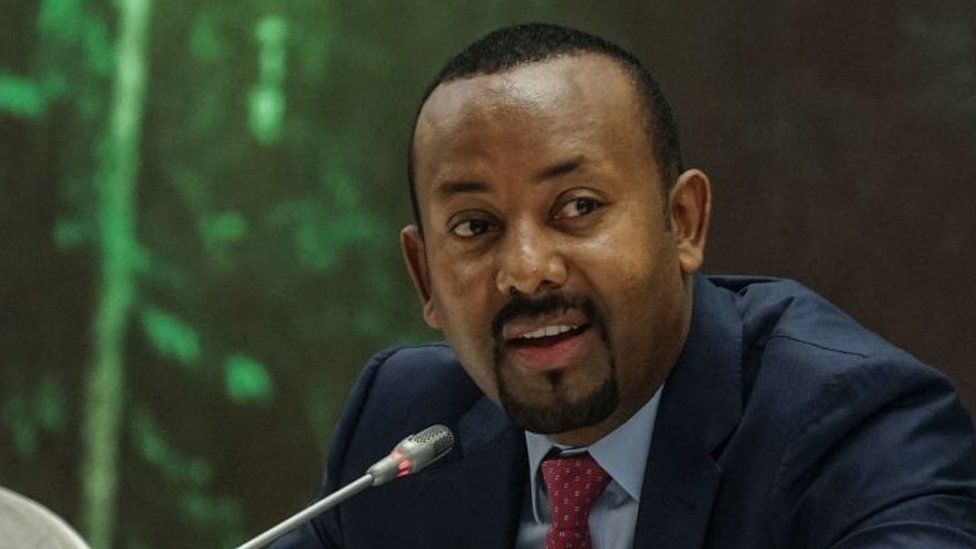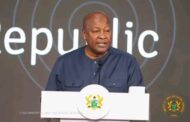Ethiopia’s Prime Minister Abiy Ahmed was once widely praised outside the country for his reforming zeal but that image was shattered after he launched a civil war in the north of the country in November 2020.
His journey from darling of the international community to condemnation has been swift.
Bagging the Nobel Peace Prize in October 2019 for finally bringing an end to the 20-year stalemate with Eritrea cemented his international status. But the war in Ethiopia’s Tigray region has meant a rapid reversal.
He passed his first electoral test in June in polls marred by a partial opposition boycott and postponements in parts of the country because of insecurity.
Enthusiastic crowds and a number of visiting prominent African leaders came out to celebrate his swearing-in in early October. But that masked deep divisions in the country.
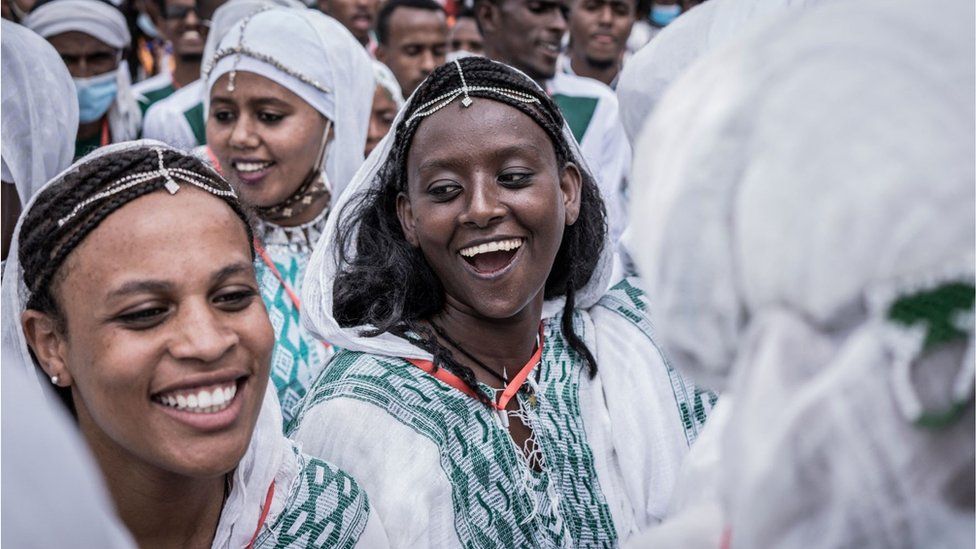
He first became prime minister in 2018 at the age of 41, taking on the job against the backdrop of anti-government protests. His youthful energy and beaming smile offered hope.
Mr Abiy’s governing Ethiopian People’s Revolutionary Democratic Front (EPRDF) coalition was deep into its third decade in power and had been dogged by accusations of repression and human rights abuses. This included the locking up of opponents and silencing of journalists.ADVERTISEMENT
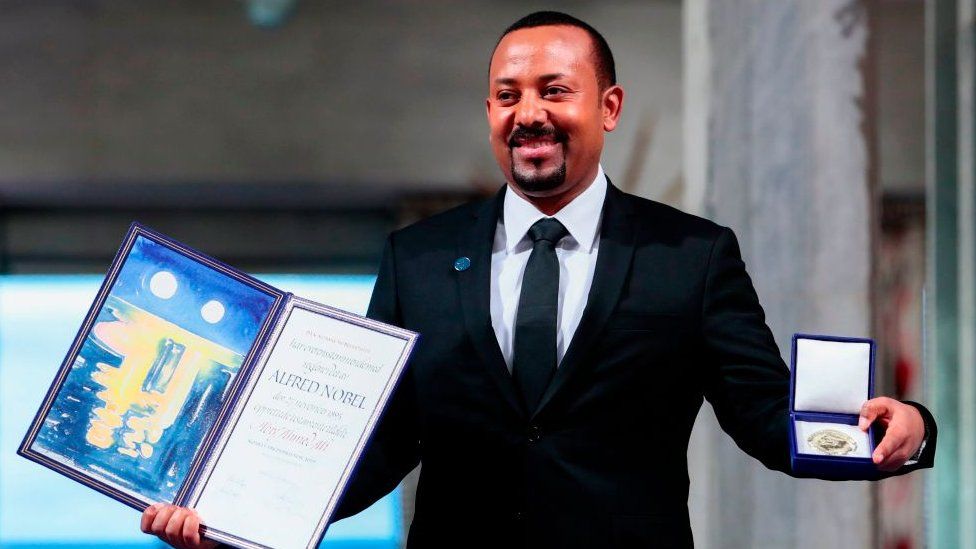
The EPRDF had overseen speedy economic growth but many felt excluded from its benefits.
This feeling of marginalisation, particularly among the country’s largest ethnic group, the Oromo, fuelled a wave of demonstrations. Mr Abiy, an Oromo himself, was promoted to the top job and immediately set about addressing concerns in a dizzying period of reforms.
He released thousands of political prisoners, lifted restrictions on the independent media and invited the country’s once-banned opposition groups back into the country from exile.
He backed a woman to become president, created gender parity in the cabinet and established a ministry of peace.
Youthful exuberance
The crowning achieving was the peace deal with Eritrea and the reopening of the common border.
Mr Abiy toured the country and spoke about bringing the multi-ethnic country together. He devised a new political philosophy – medemer – aimed at fostering a sense of national unity in the face of ethnic divisions. He also wanted to celebrate that diversity.
He enjoyed widespread popularity, partly as a result of the dramatic changes in the country, but part of his appeal was also his personal story.
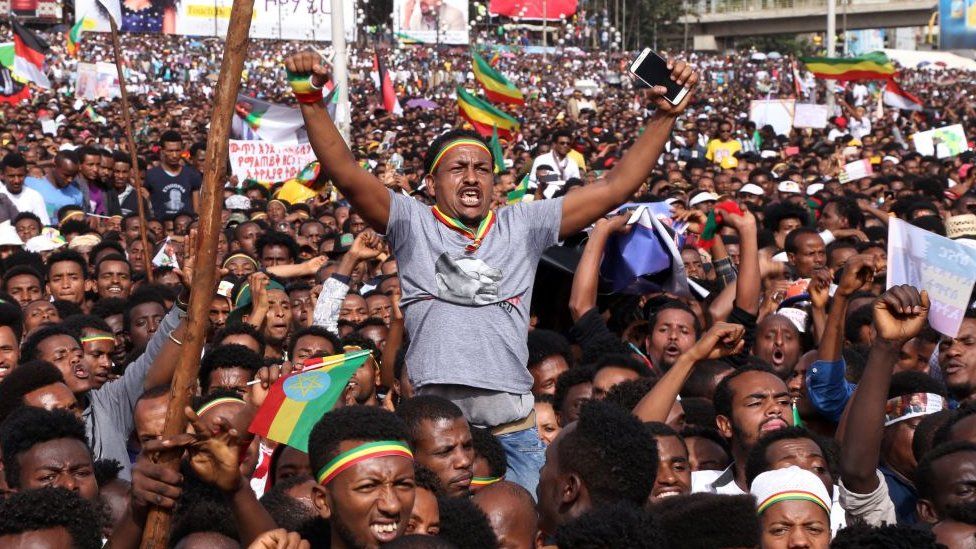
Born in Beshaha, a coffee-farming district in south-western Ethiopia, from Christian and Muslim parents, he was quickly seen as someone capable of uniting an increasingly divided country.
As the country’s first ethnic Oromo leader in recent years, he had the attention of protesting youths who demanded greater political inclusion.
He travelled across the country projecting youthful exuberance. His approachability contrasted with the fear-inducing distance of his predecessors and for many ordinary citizens he met on his frequent trips, he was nothing like any recent leader they knew.
Nevertheless, he had been an insider.
He was in the military where he rose to the rank of lieutenant colonel. He was then the founder and director of the country’s Information Network and Security Agency, which was responsible for cyber-security in a country where the government had exercised tight control over the internet.
After that he became the minister for science and technology.
Source: BBC



